To ward off nutrient deficiencies, maintain high energy, and keep your overall health optimal, do yourself a favor and prioritize high-protein meats (if you're not vegan or vegetarian, that is).
Protein from fish, chicken, beef, and wild game offers its own specific array of vitamins, nutrients, and protein profile.
Any meat eater looking to build muscle should keep these high-protein meats stocked throughout the year to serve as the meat and potatoes of your daily macros. To build mass, you can consume the best protein shakes that comprise high-quality whey and vegan protein. Also consider the healthiest protein bars to get adequate protein throughout the day when you're on the go. The best foods for muscle gain will always prioritize good sources of muscle-building protein.
How Much Protein Should You Eat Per Day?
The Recommended Dietary Allowance (RDA) for protein, according to the Mayo Clinic is a very modest .8 grams of protein per kilogram of body weight. For a 180-pound man, that works out to a mere 66g protein per day. If you amplify that to 1g per kg, which is more in line with recommendations for active men, you get about 82g protein per day. But that's really the low end of the spectrum.
Research indicates a high-protein diet can help people lose weight weight if their daily meal plan comprises roughly 25 percent protein. That breaks down to about 25 to 35g protein per meal and 75 to 105g protein per day (just from meals, not snacks).
How Much Meat Is Healthy to Eat?
You want to spread out your protein intake during the day to encourage muscle synthesis to continue over a 24-hour cycle, so your body never stops maintaining and growing muscle.
However, there's a ceiling when it comes to your body's ability to synthesize protein. It caps out at around 30 to 42g depending on your body mass.
Too much protein in a single meal is like overfilling a tank with gas: Your body can't store it, and excess protein ends up in your urine. Your body can't store it for later use, so the extra calories just gets stored as fat (not ideal).
You also want to prioritize lean protein sources. Saturated fat in red meat and the sodium in processed meats can increase blood pressure, which increases the risk for cardiovascular disease.
Here's a list of the 20 best high-protein meats for carnivores looking to improve their physiques.
Top 20 High-Protein Meats, Ranked (From Most to Least)
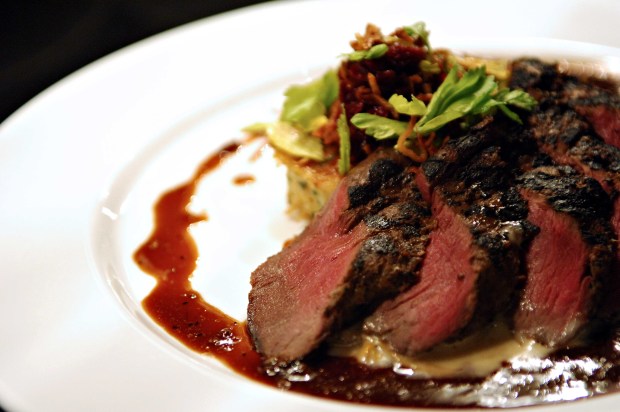
Here's a game meat you should sub in for beef every now and again: Venison contains about one sixth the amount of saturated fat that beef does.
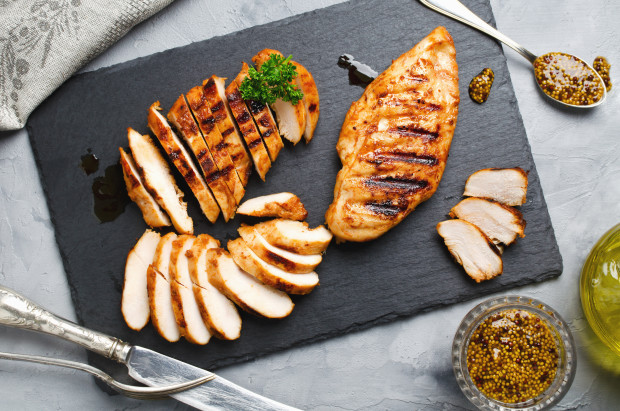
Chicken breasts are the classic lean muscle-building protein. Don’t get stuck in the monotony of eating them bland and baked day in and day out, though.
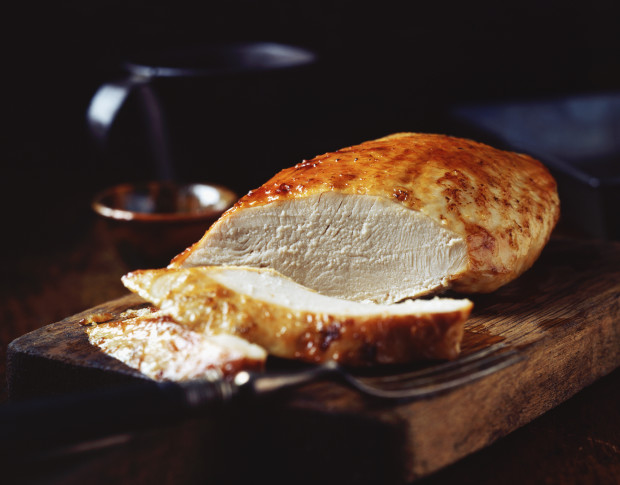
Maybe the leanest protein around, turkey breast consumption is usually unfairly confined to Thanksgiving and deli meats.
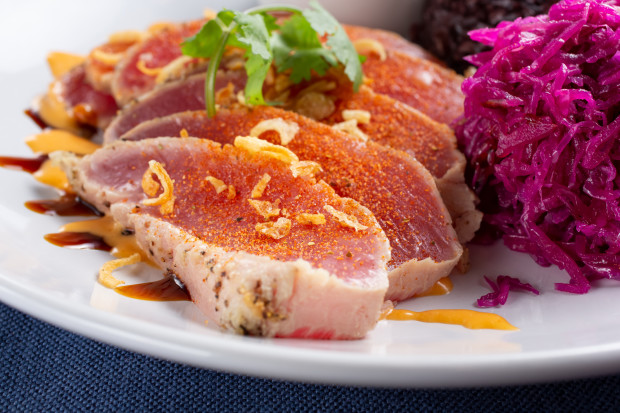
Yellowfin tuna is low in calories (93 per 3oz), low in fat (.42g), and high in minerals like antioxidant-rich selenium, potassium, and niacin—the B-vitamin that helps your body create energy from all the fat, carbs, and proteins you eat, and promotes good blood circulation and proper nerve function.
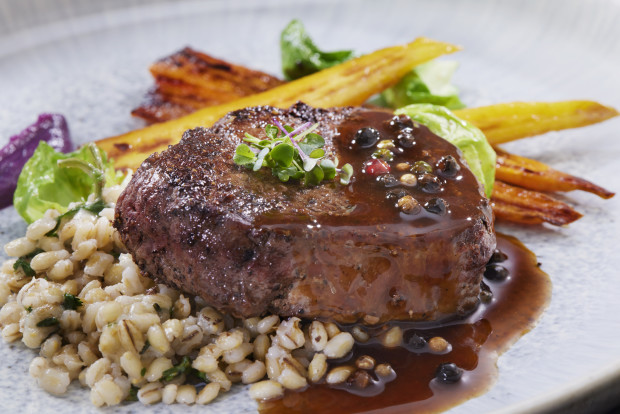
Buffalo may also be a foreign taste, but it’s an incredible meat protein. It’s lower in calories, fat, and cholesterol than chicken or fish, and higher in protein than beef (similar to bison).
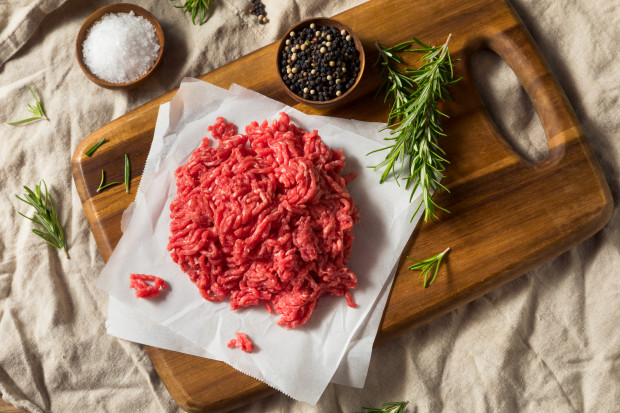
A 3-oz serving of 95 percent lean ground beef comes in at just 164 calories and 4.5g fat. It boasts muscle-building creatine and iron, which helps keep energy high and muscles working properly.
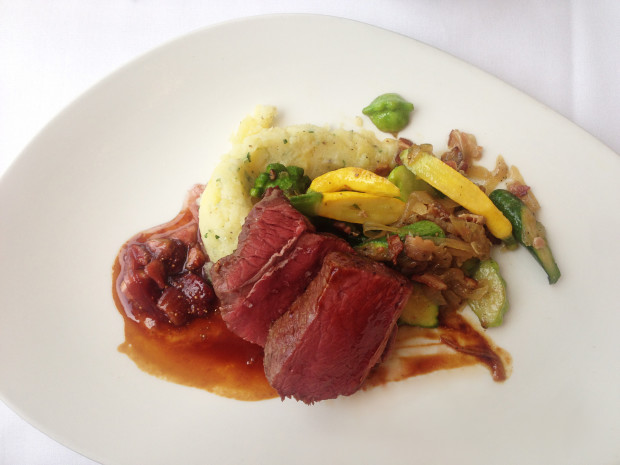
If you’ve never had bison, it’s time you take the plunge. It’s lower in fat, calories, and cholesterol than chicken and fish, and higher in protein than beef.
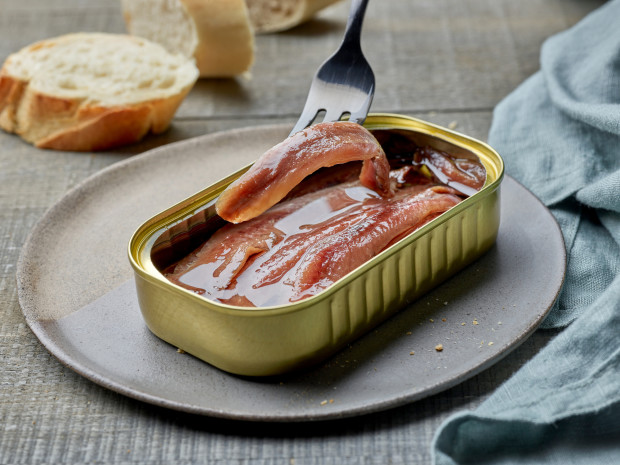
When it comes to canned protein, these little guys pack a punch in the form of essential fatty acids, protein, and nutrients that promote strong bones, and a healthy heart and blood vessels.
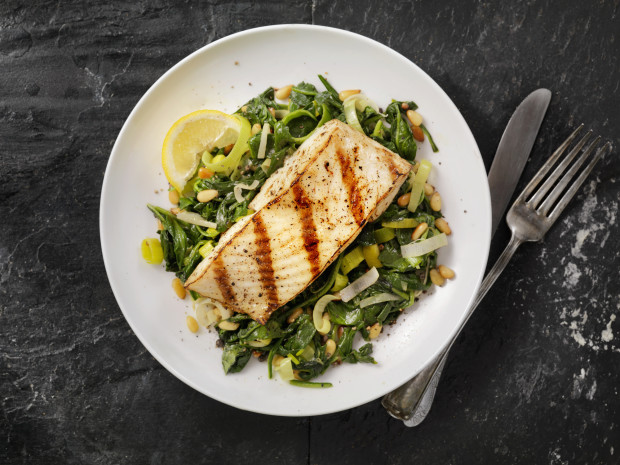
Part of the flatfish family (flounder and sole), halibut is one of the largest saltwater fish, which are loaded with protein, selenium, B vitamins, and omega-3 fatty acids.
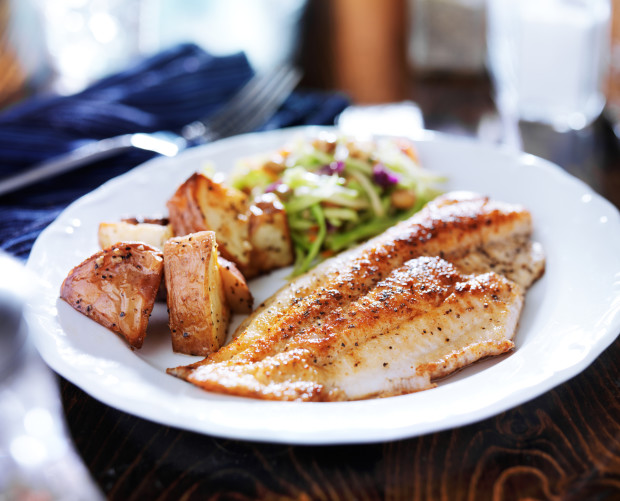
rez-art/Getty Images
Tilapia is often served frozen and pre-portioned making it very user-friendly when looking to control portions. A great way to prepare tilapia is to coat it in blackened seasoning and roast in the oven. It's got very little fat and can be flavored with a multitude of seasonings.
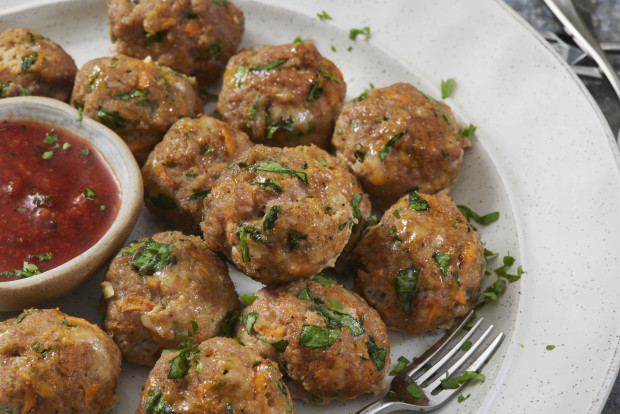
When buying ground turkey ensure that the percent leanness is specified, as lower-quality ground turkey products omit this information when they mix in turkey parts other than the breasts.
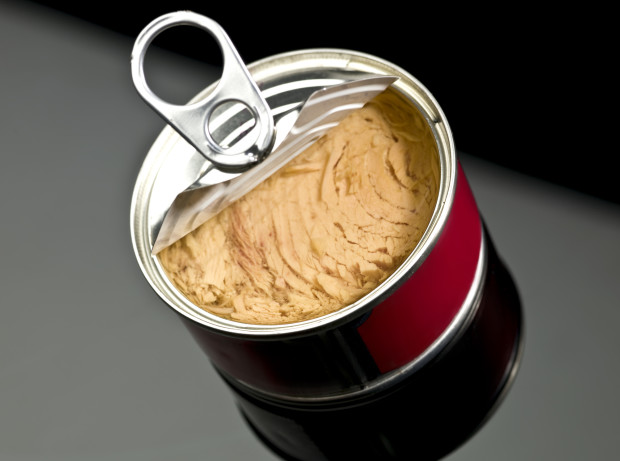
Tuna rivals chicken for the hallmark bodybuilding protein source, but make sure not to overdo your tuna intake. If you find yourself reaching for tuna every day, you’re at risk for consuming too much mercury and you should pick something else on this list. There are loads of high-quality canned tuna and seafood on the market nowadays.
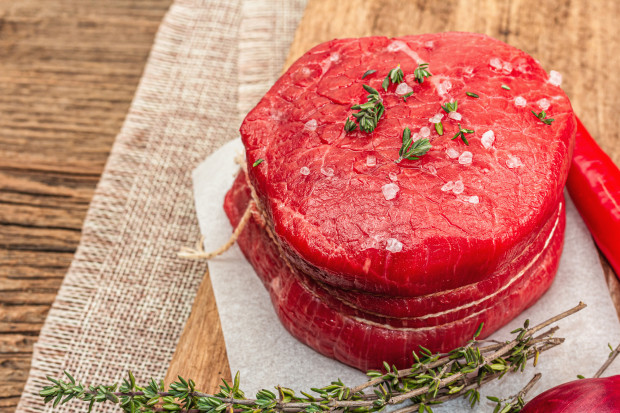
With less than 1g fat per 3.5-oz serving compared to a skinless chicken breast, eye round steaks are the leanest cut of beef you can get.
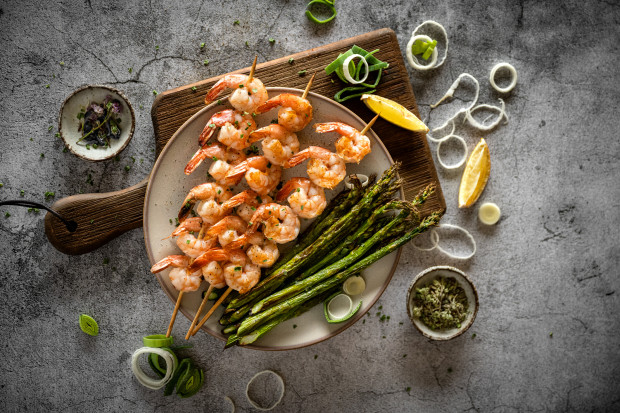
The variety of ways you can purchase and eat shrimp make them a versatile and convenient source of protein. They can be purchased shelled and cooked so you can add them to a robust salad or eat them cold dipped in cocktail sauce. Or, you can buy them raw and cook as part of your favorite stir-fry or grilled on skewers.
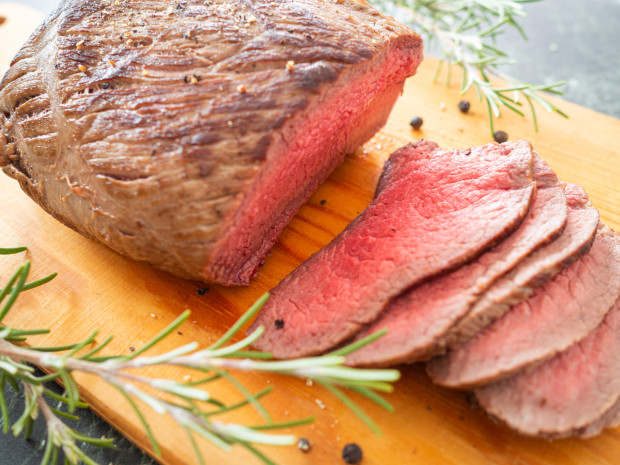
Believe it or not, roast beef is a pretty lean beef-based cold cut. It has all nine of the essential amino acids your body can’t produce, and gives you a healthy dose of iron. And it’s not only reserved for sandwiches, of course. You can roast it in the oven (hence the name).
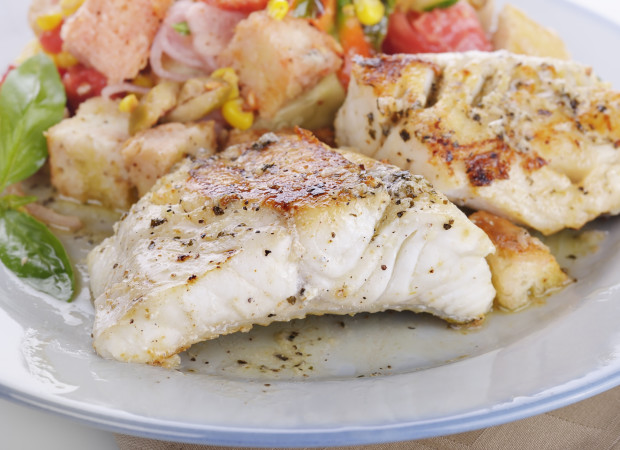
Mahi-mahi is the steak of fish. It has great texture, taste, and grills very well. A 3.5-oz serving of Mahi-Mahi barely contains half a gram of fat but brings with it 18 grams of complete protein. Marinate your mahi-mahi with cilantro, salt, pepper, cumin, and lime juice before grilling.
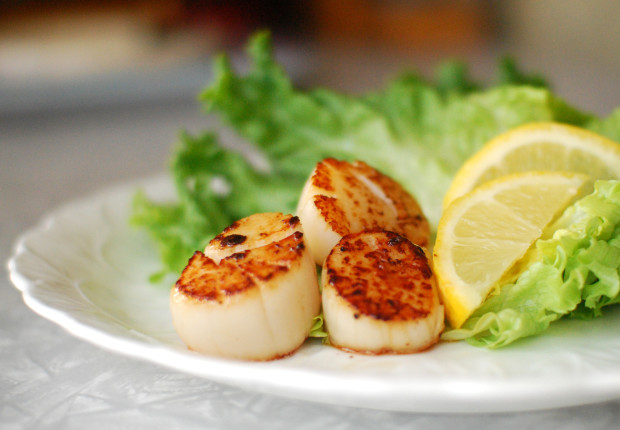
Usually not on most muscle-building protein lists, scallops are a great lean protein choice. One 3.5-oz serving contains only 0.5g fat.
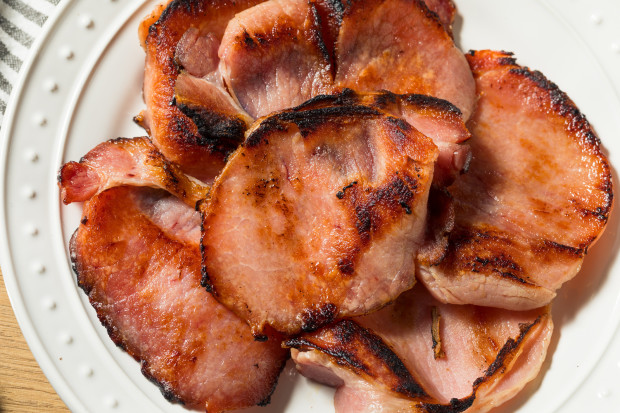
Canadian bacon and ham are similar in taste and texture, but if given the option, go for Canadian bacon.
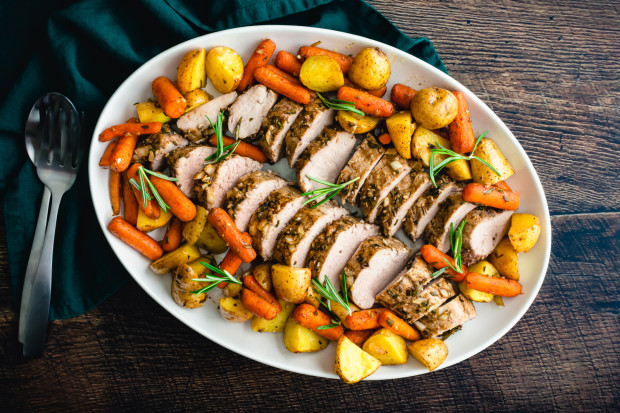
Despite heavy marketing claiming that it's the “other white meat,” pork is actually red meat. But don’t let the oft-overstated associations between red meat and mortality scare you off; pork tenderloin is a great lean protein source.
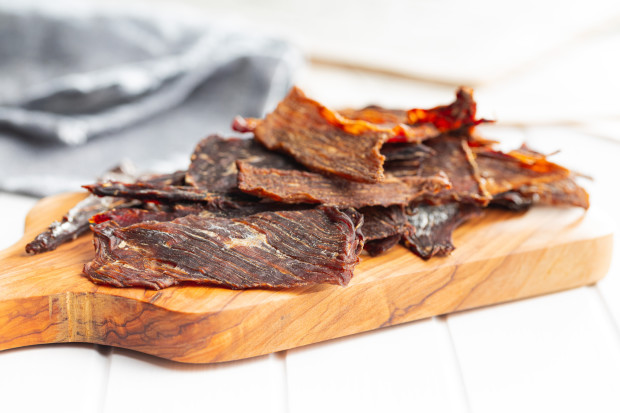
Beef jerky is portable protein at its finest. Opt for all-natural, low-sodium beef jerky that is free of nitrates and artificial flavors, and made from lean cuts of meat.
from Men's Journal https://ift.tt/oYlyAbD


0 comments